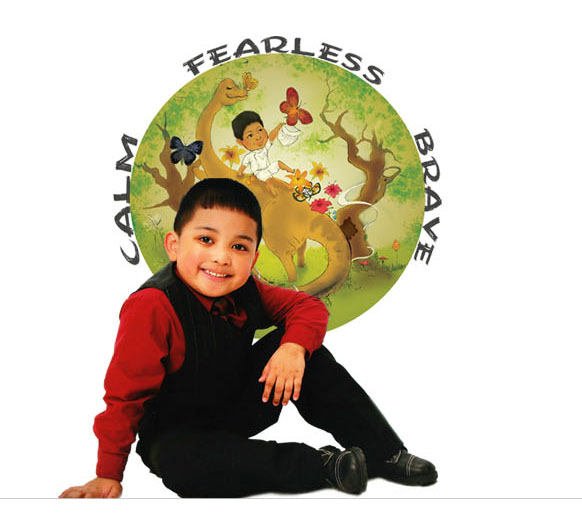The Joshua Bembo Project, Inc. is a non-profit organization created in memory of Joshua Bembo who lost his 15 month battle with Gliomatosis Cerebri on March 01, 2013. He was 9 years old.
We are dedicated to providing hope to children diagnosed with rare and inoperable brain tumor such as the one that took Joshua’s life, Gliomatosis Cerebri, by organizing fundraising events to support research efforts to find treatment.

The Joshua Bembo Project, Inc. is a non-profit organization created in memory of Joshua Bembo who lost his 15 month battle with Gliomatosis Cerebri on March 01, 2013. He was 9 years old.
We are dedicated to providing hope to children diagnosed with rare and inoperable brain tumor such as the one that took Joshua’s life, Gliomatosis Cerebri, by organizing fundraising events to support research efforts to find treatment.

The Joshua Bembo Project, Inc. is a non-profit organization created in memory of Joshua Bembo who lost his 15 month battle with Gliomatosis Cerebri on March 01, 2013. He was 9 years old.
WHAT IS GILOMATOSIS CEREBRI?
REGISTER

The Gliomatosis Cerebri Registry is a key part of the Children’s Brain Tumor Project at the Weill Cornell Pediatric Brain and Spine Center.
Dr. Jeffrey Greenfield (left) and Dr. Mark Souweidane co-direct the Children’s Brain Tumor Project
The Weill Cornell Children’s Brain Tumor Project offers physicians the unprecedented ability to quickly identify a brain tumor’s “fingerprints” at the molecular level.The genomic data allows for personalized tumor therapy and affords new hope to patients.
HOW YOU CAN HELP

Because Gliomatosis Cerebri is so rare, these inoperable tumors simply do not get the funding or attention that research scientists need to find a cure.


